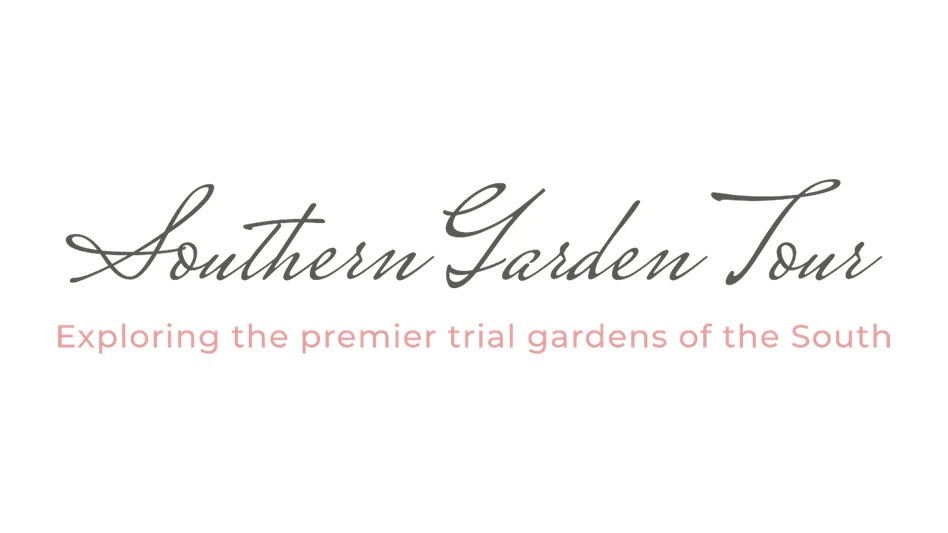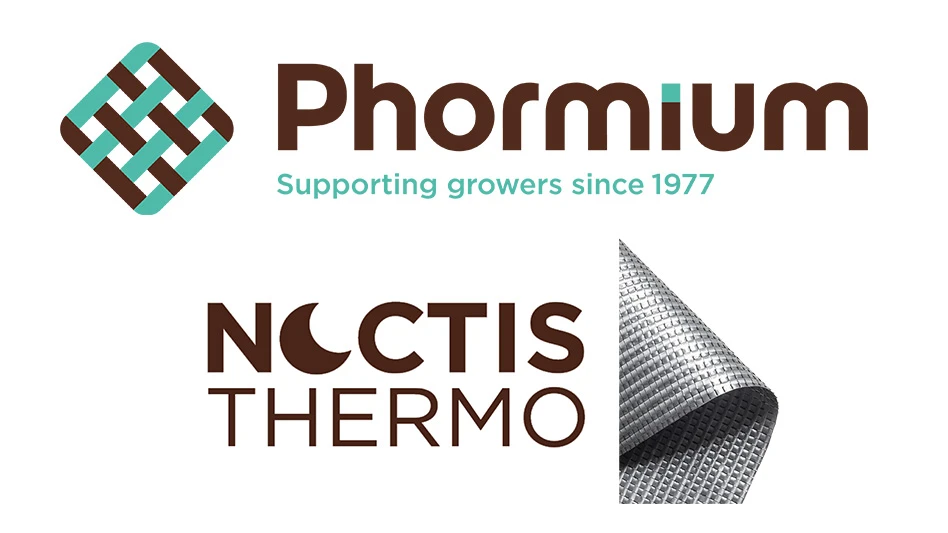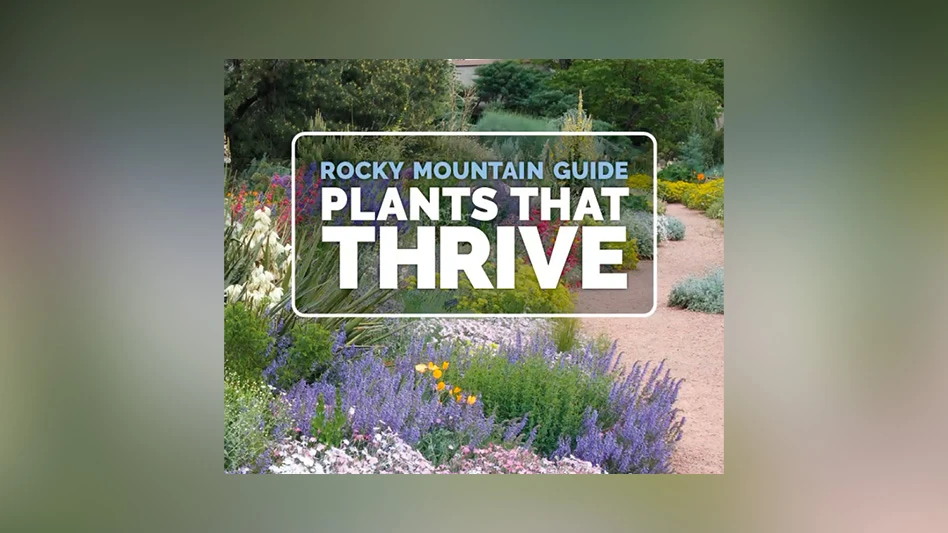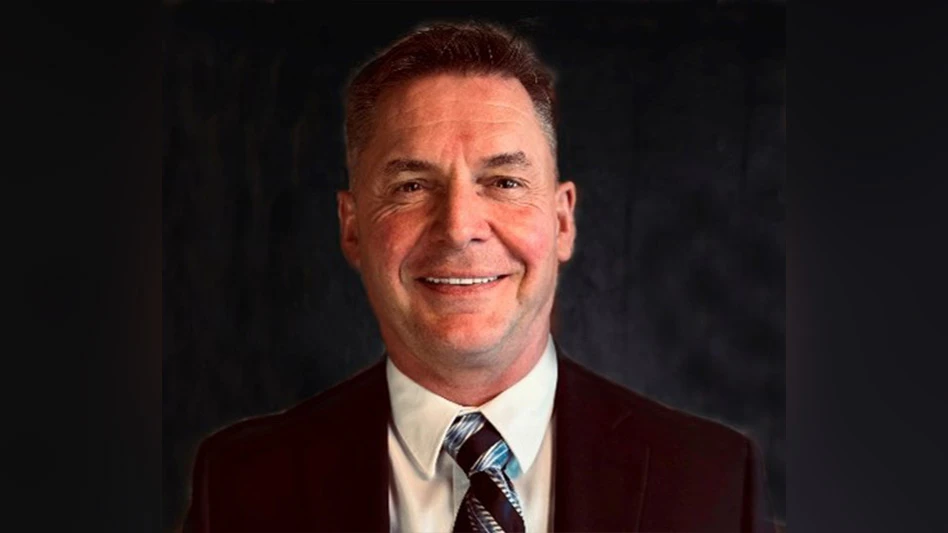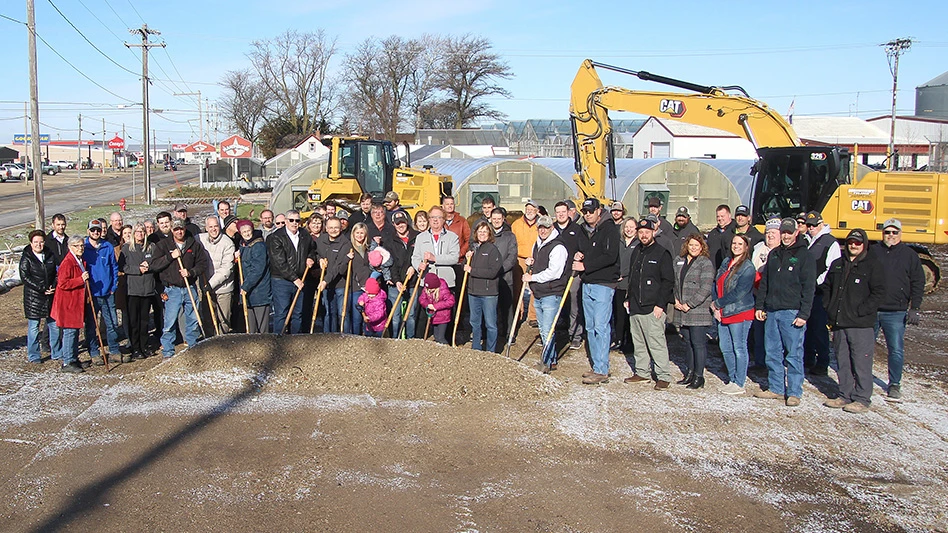What qualities/skills do you look for in a potential employee?
Maureen Murphy, owner, Bayview Farm & Garden, Langley, Wash.: Since we’re retail, the first things are energy and smiles. [We look for] a positive manner about them in the way that they interact with other people. If they use eye contact, if they have a nice, friendly, firm handshake … The smile is the very first thing I look for.”
I’ve taken to walking around with people when we do interviews because I like to see how energetic they are … It’s a very physical job and we’re on our feet all day. We need to make sure people are spry and energetic.”

Jeff Murphy, American Color Inc., Orange, Va.: Punctuality. Education. Good work background. And if no background at all, if they’re out of college, if they’ve done any internships anywhere, how they perform at those locations. [We also look at] grades.

Mike Heulitt, human resources manager, Four Star Greenhouse, Carleton, Mich.: When I’m doing an interview ... I’m keying in on: are they passionate about growing, and is this position going to be the right fit for them?
We have developed a whole training program teaching people how to be a grower … The bulk of the positions that we hire [are] truly entry level, and more often than not, the people in entry level positions aren’t coming in with any kind of education.
Julie Zeijlmaker, human resources director, Battlefield Farms Inc., Rapidan, Va.: A lot of the really impressive resumes that I’ve seen are [from] students who have pictures of the internships that they’ve done and some information [about] the hands-on experience that they’ve had. I really think it’s important to do that. It shows that [they] went above and beyond and did more than just the required courses. It shows that they’re passionate about it, and that’s what stands out most on a resume. You want somebody who’s going to stick around. You want to see that they are really vested into it.
What has been your experience hiring talent in the past five years?
MM: People expect to make more an hour than they used to. We have to respond to that change in the labor market and prepare for when the day comes that the minimum wage goes up statewide.
JM: The main thing I have noticed in the younger crowds [is that] they don’t want to put their time in. You’re going to have to take those baby steps and work underneath a section grower and be an assistant so you can learn how to do things and understand the importance of a crop. It’s not OK, ‘Oh, I lost 500 pots, big deal. There were 10,000 pots in that section.’ Well, that’s a big deal. That’s a lot of money, especially when we’re talking $20 [per] pot. They want the responsibility quicker and faster because they want that money, and we want them to have that, but a lot of them aren’t understanding the concept that they need to put the time in and [for] us who are in positions of management, we didn’t get here overnight.
JZ: If they’re coming into a grower position, a lot [of new growers] have never sprayed before, so they have to get their chemical handler’s license and learn the safety protocols and the compliance stuff for the [U.S. Environmental Protection Agency’s work protection standard program]. They might be very intelligent as far as book smarts, but [may not have] a lot of hands-on experience.
How do you find the right people?
JM: We are actually part of and we run, in cooperation with Ohio State, an internship program. We have four interns here right now. This is the first time we’ve done it. We just started this back in November, and it seems to be going well so far.
[They work] anywhere from six months to a year. We pay through the program. We provide their housing, and we provide a vehicle for them. We don’t pay for their gas and we don’t pay for their food, but we do pay for all of their housing, their electric. We have a house very close to us, maybe a mile down the road that we’re renting [for interns].
Ohio State helps [select students] who fit what we’re looking for.
[Interns] are pretty much assistant growers. Our head grower is in charge of our whole operation, and then we have a lead grower [who] is in charge of the section growers, watching over in conjunction with the head grower, kind of like an assistant. And the interns … help spray, mix chemicals, mix fertilizer, water programming booms, all that kind of stuff.
JZ: Right now it’s basically a word-of-mouth and social media push. LinkedIn has proved to be really good, and so was posting the job to hortjobs.com.
MM: The only way we [advertise for new hires] is via in-house advertising, so the customers who come in here and know other employees [tend to be hired].

How do you retain/motivate employees?
MM: A lot of it is around what I call ‘the abundant life’ instead of the ‘affluent life.’ A lot of team building; people feel listened to and supported. I’m always trying to maintain the vibe at work so it’s positive and people will want to come to work every day. I’ve fired people for negative gossiping about their co-workers. I try to … have systems where people can express a concern and get a response to their concern so that people have a sense of ownership in the processes.
JM: We have a 401(k) retirement program and we do raises and reviews yearly. Every January we do a review process, and your raise is based on your performance … We’re very close as a company, [in that] ownership still interacts with everybody. Ed [Van Hoven, the company's president] is very present in the greenhouse. Everybody knows who he is.
MH: We provide opportunities for people coming in as a section grower to progress in a career-oriented fashion. A lot of times, they’ll think the only place to go is in supervision, and we’ve determined through the years that either not everybody really wants to or has the right temperament to be a supervisor, so we have created different levels of section growers. We’ve created a position called section grower level 2, and that provides other opportunities for them to do more, take on more responsibilities, but not necessarily do a traditional supervisor role. They would take care of a larger growing area, they would be involved in development [of] training pieces or mentoring new employees. They would be involved in some of the higher level growing functions like reading soil tests for pH and EC and making the decision of what fertilizer to use and at what rate. They might get trained [on] how to use growth regulators and how to make the decision on what growth regulator is needed and at what rate.
JZ: The family that we work for is very active in giving back to the agricultural programs in the community. They also have missions in Guatemala and Haiti, so it’s a good company to work for.
Final thoughts on the future of the horticulture industry?
MM: There isn’t the same level of interest in horticulture as there is in my generation. So, that’s one reason why I’m going through such a huge transition with my store. I’m bringing in a lot of non-plant products to carry us through the winter. I’m doing things like having the farmers market in my greenhouse in the winter. … Our plants are still our main identity and the thing we do best, but we don’t see the labor pool out there where people know anything about plants. The next generation, they really don’t care about all these different cultivars. They do care about food gardening a lot, they are interested in that. We probably sell 10-to-one cookbooks over gardening books.”
JM: I think, No. 1, we have kind of developed a bad [image] for ourselves in the industry. A lot of people think, [it’s] a lot of work, too long hours and low pay, but those longer hours are getting less and less [and] for the most part, those days of being here until 9, 10, 11, 12 o'clock at night are behind us. Now, some places do run two shifts, but that’s totally different. It’s not like you’re running people in the ground working them 16, 18 hours a day ... It’s not the same employee [atmosphere].
As an industry, we need to promote ourselves better.

Explore the April 2016 Issue
Check out more from this issue and find your next story to read.
Latest from Greenhouse Management
- This month's Greenhouse Management magazine is about native plants and sustainability
- The HC Companies, Classic Home & Garden merge as Growscape
- Terra Nova releases new echinacea variety, 'Fringe Festival'
- Eason Horticultural Resources will now officially be known as EHR
- BioWorks receives EPA approval for new biological insecticide for thrips, aphids, whiteflies
- ScottsMiracle-Gro transfers cannabis subsidiary to focus on core lawn and garden business
- Should we start calling natives 'eco-beneficial plants'?
- Ellen Mackenbach-Lakeman appointed new CEO of Dümmen Orange

